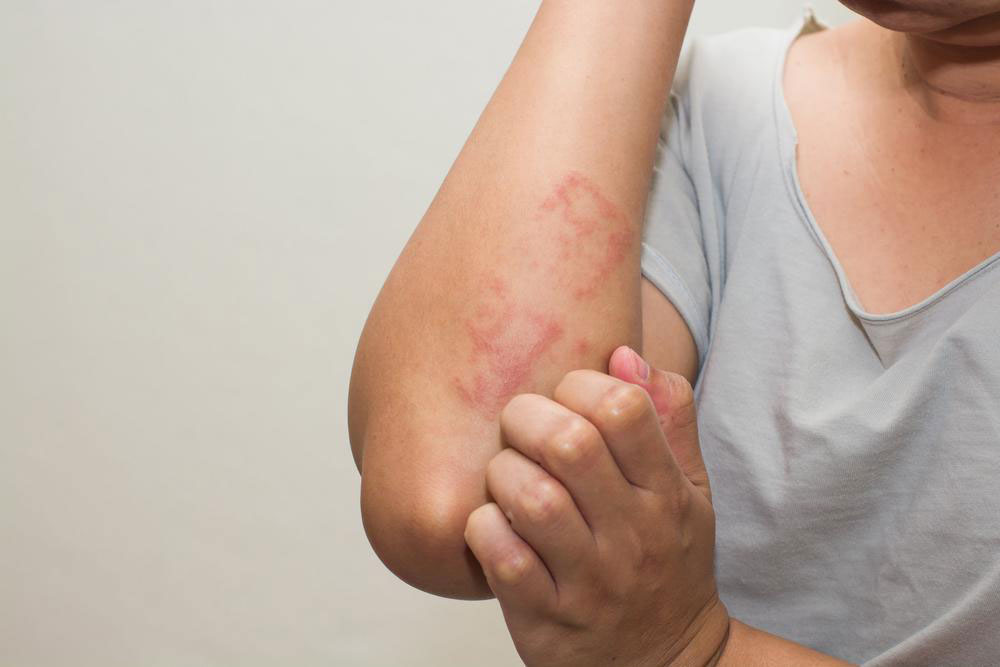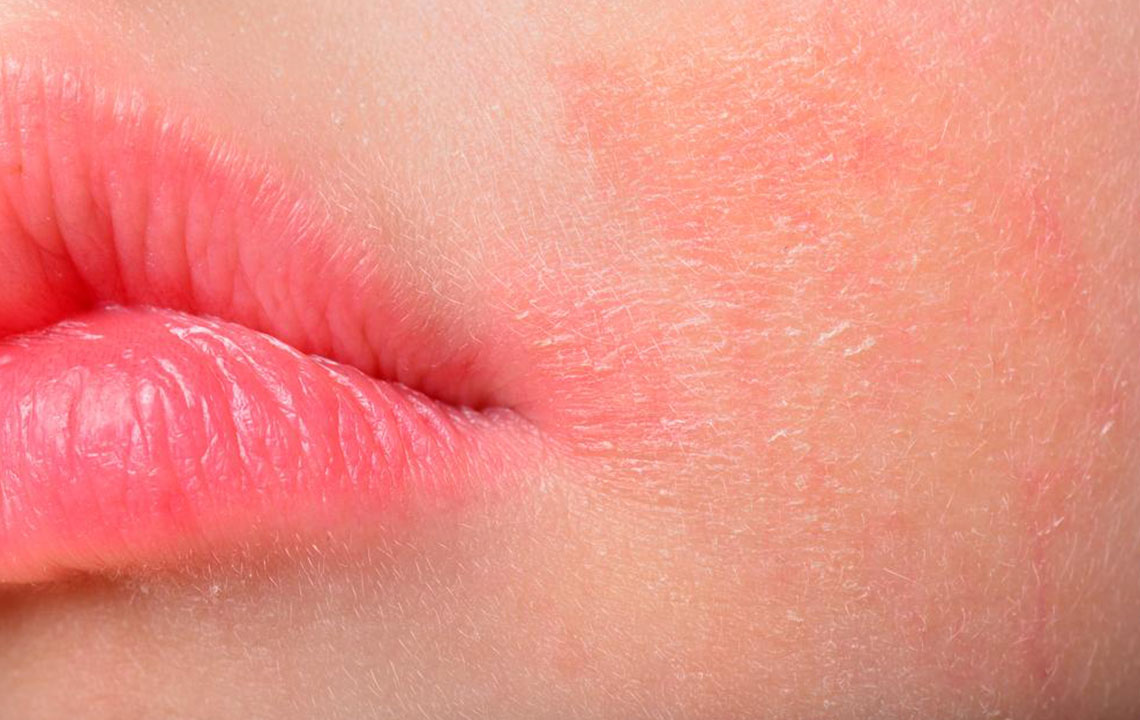Effective Strategies for Managing Atopic Dermatitis
Learn practical approaches to manage atopic dermatitis effectively. This guide covers treatment options, dietary choices, and lifestyle tips to control flare-ups and relieve symptoms. Discover how medications like CIBINQO®, DUPIXENT®, and EUCRISA®, along with dietary and lifestyle adjustments, can improve skin health and reduce eczema severity. Always consult healthcare professionals for personalized advice and safe treatment plans tailored to your individual needs.

Effective Strategies for Managing Atopic Dermatitis
Atopic dermatitis (AD), commonly called eczema, is a skin condition characterized by redness, itching, and flakiness. While it predominantly affects children, adults are also susceptible. Around 16.5 million adults in the nation experience this condition. In this article, discover various treatment options, dietary recommendations, and lifestyle adjustments that can help control and alleviate AD symptoms.
Treatment Options for Atopic Dermatitis
Though there is no cure, several treatments can help manage the condition. Common options include:
CIBINQO®
This oral medication is prescribed for moderate-to-severe AD cases, especially when other treatments fail. Side effects may include increased risk of infections like herpes, urinary issues, and dizziness.
This medication is typically for patients unresponsive to topical therapies. It's essential to monitor for potential side effects such as infections and allergic reactions.
DUPIXENT®
This biologic injection targets inflammation at its source, preventing flare-ups. Not a steroid or cream, DUPIXENT® is administered via injection and may cause allergic reactions, eye issues, or joint discomfort. Common side effects include skin reactions and cold sores.
Additionally, RINVOQ® (upadacitinib) has been approved for adults and children over 12 with moderate-to-severe AD. It may cause serious infections, blood clots, cancer risk, and cardiovascular issues.
EUCRISA® is a steroid-free topical treatment suitable for mild-to-moderate eczema across all age groups, including infants over three months. It contains crisaborole and may cause skin irritation or allergic responses.
Dietary Tips for Atopic Dermatitis
Diet influences skin health. Avoid common triggers like dairy, eggs, soy, gluten, nuts, and fish. Incorporate anti-inflammatory foods such as omega-3-rich fish, quercetin-containing produce, and probiotics to help reduce flare-ups.
Lifestyle Modifications Maintain skin health by avoiding hot or excessively cold baths, opting for brief showers, and using fragrance-free skincare products. Wear comfortable cotton or linen clothes to minimize irritation and prevent symptom exacerbation.
Note:
The information provided here is for educational purposes only. It should not replace professional medical advice. Always consult licensed healthcare providers for diagnosis and treatment options tailored to your condition.










